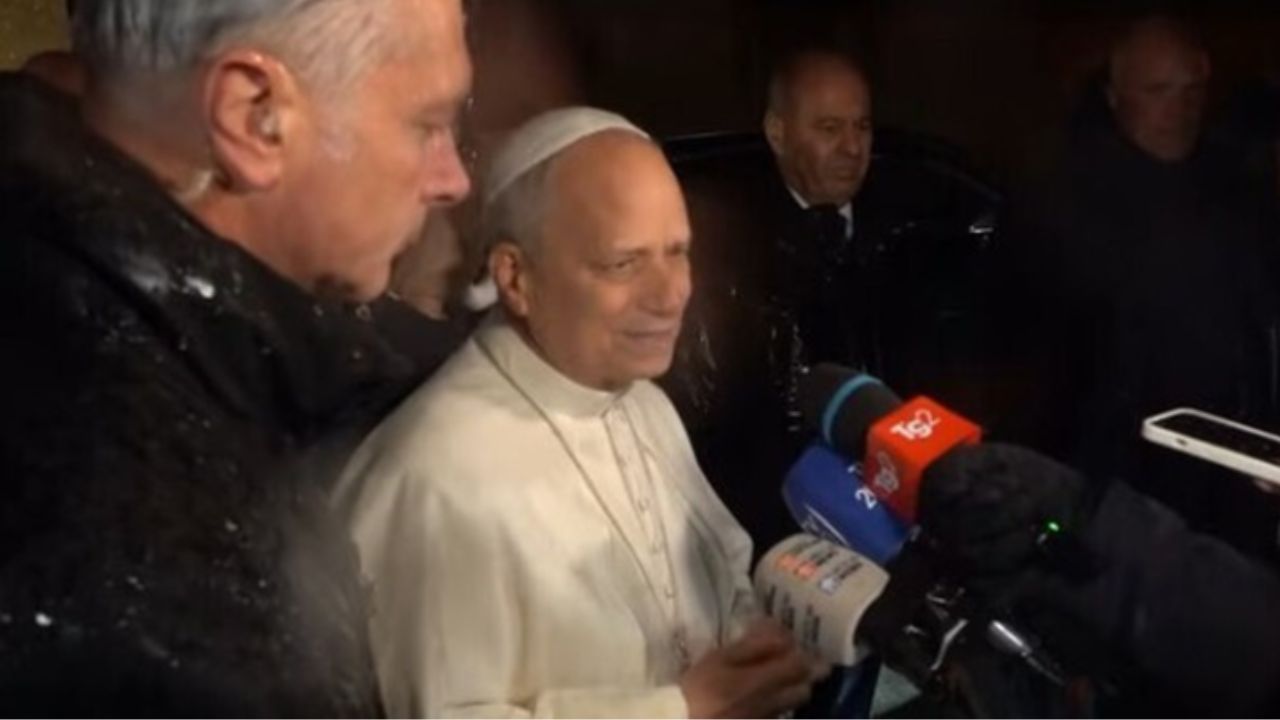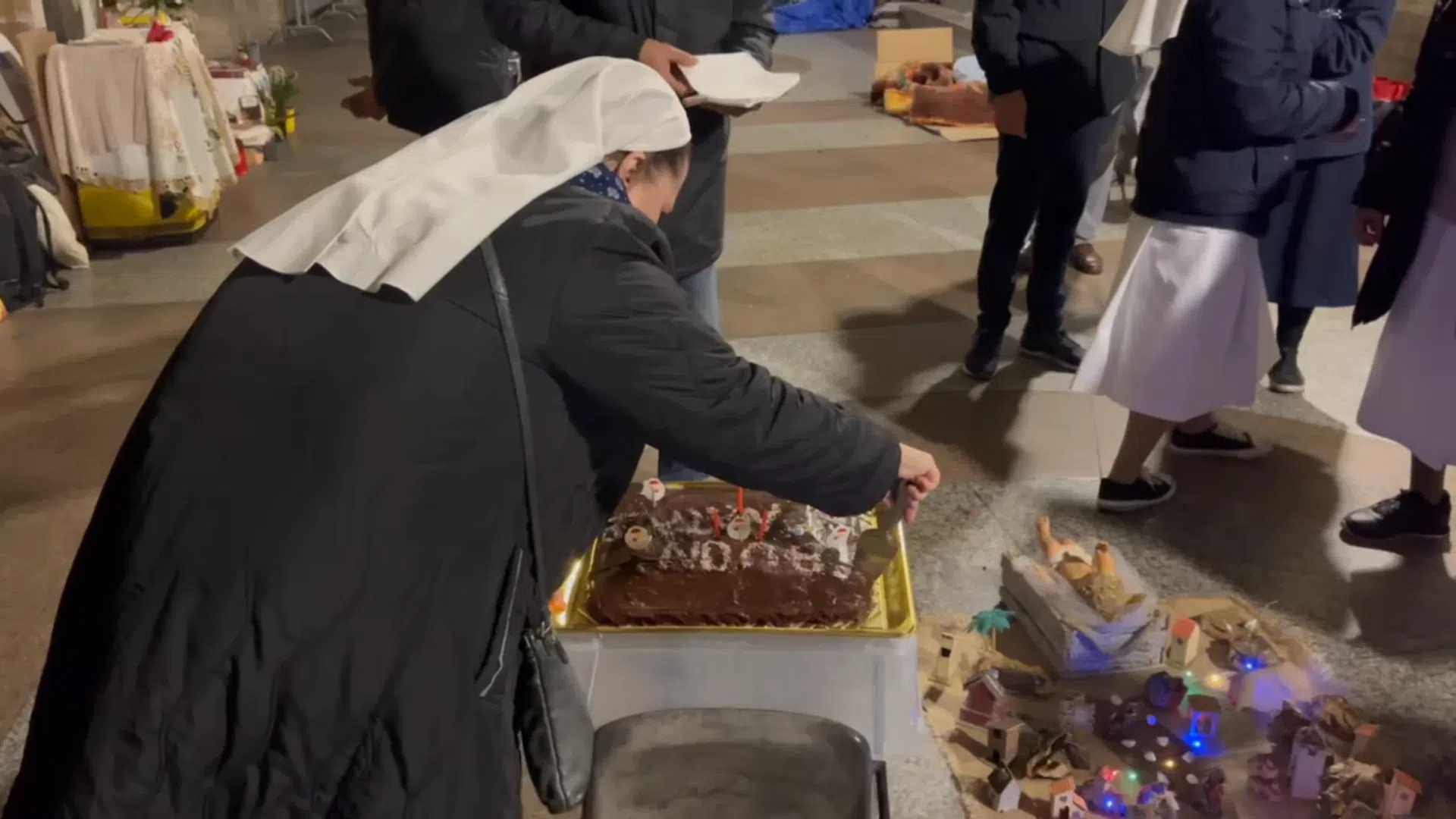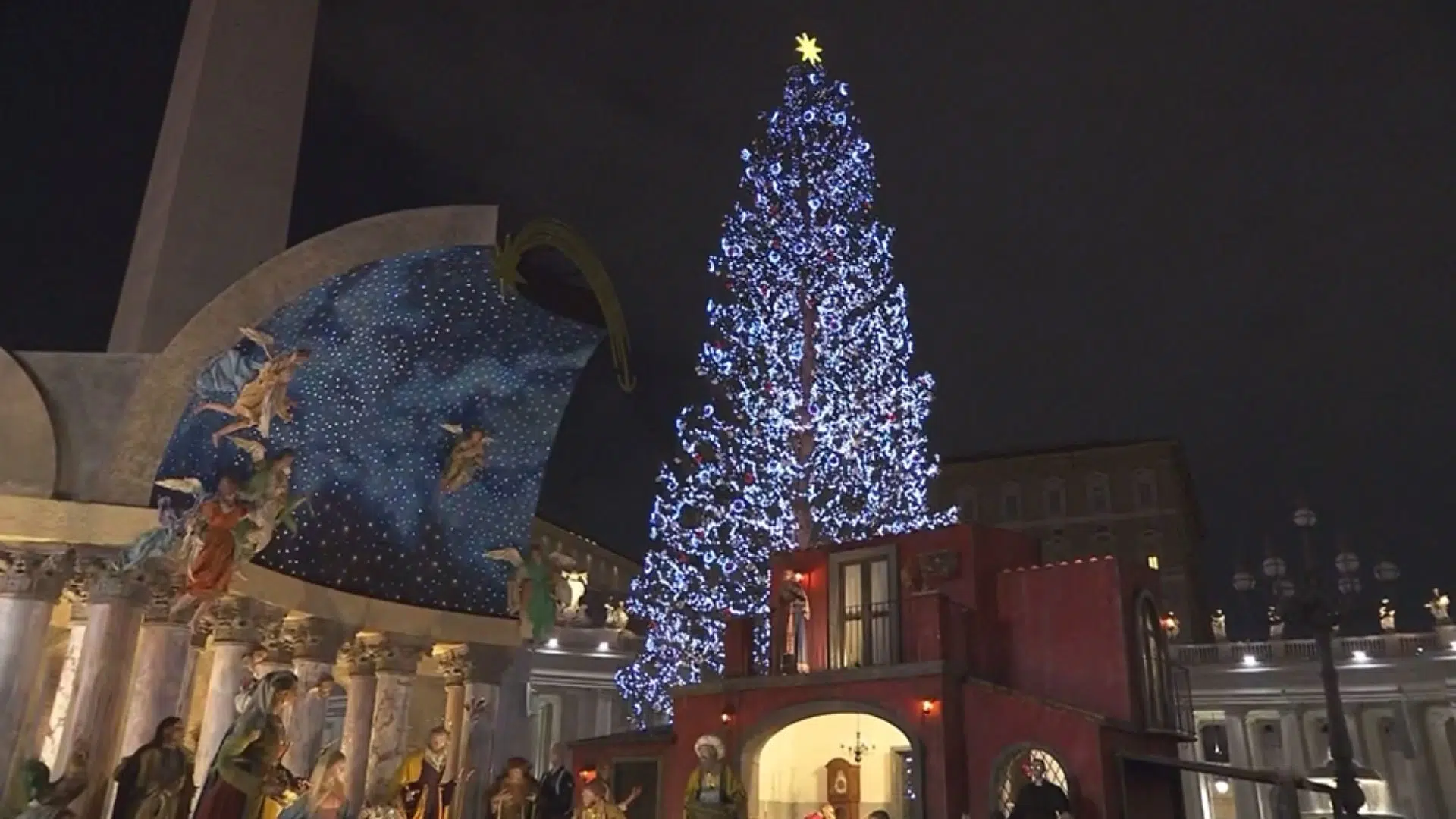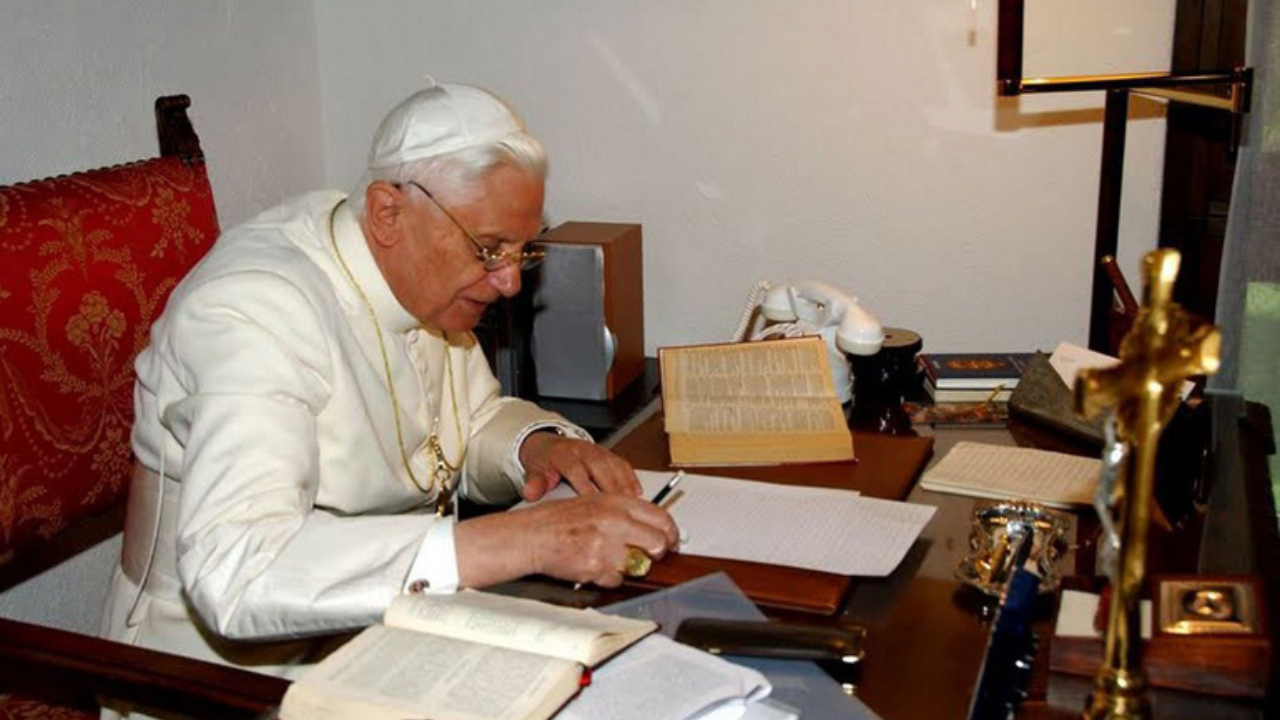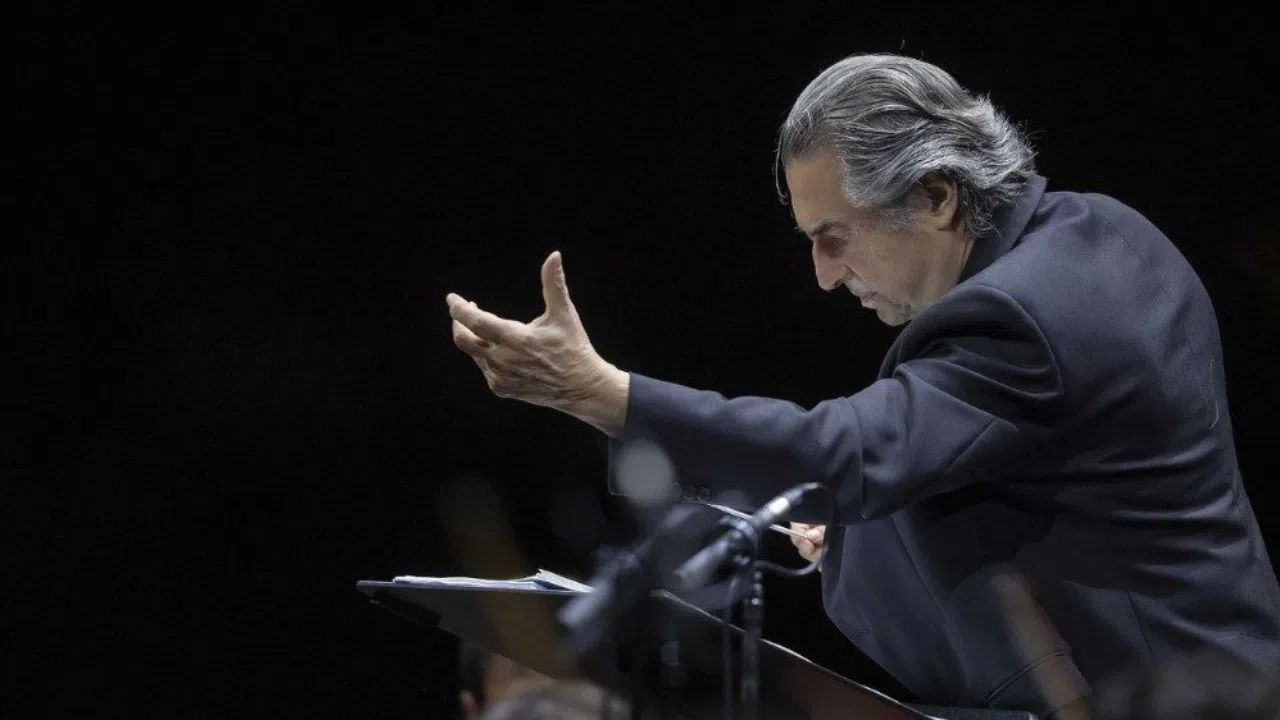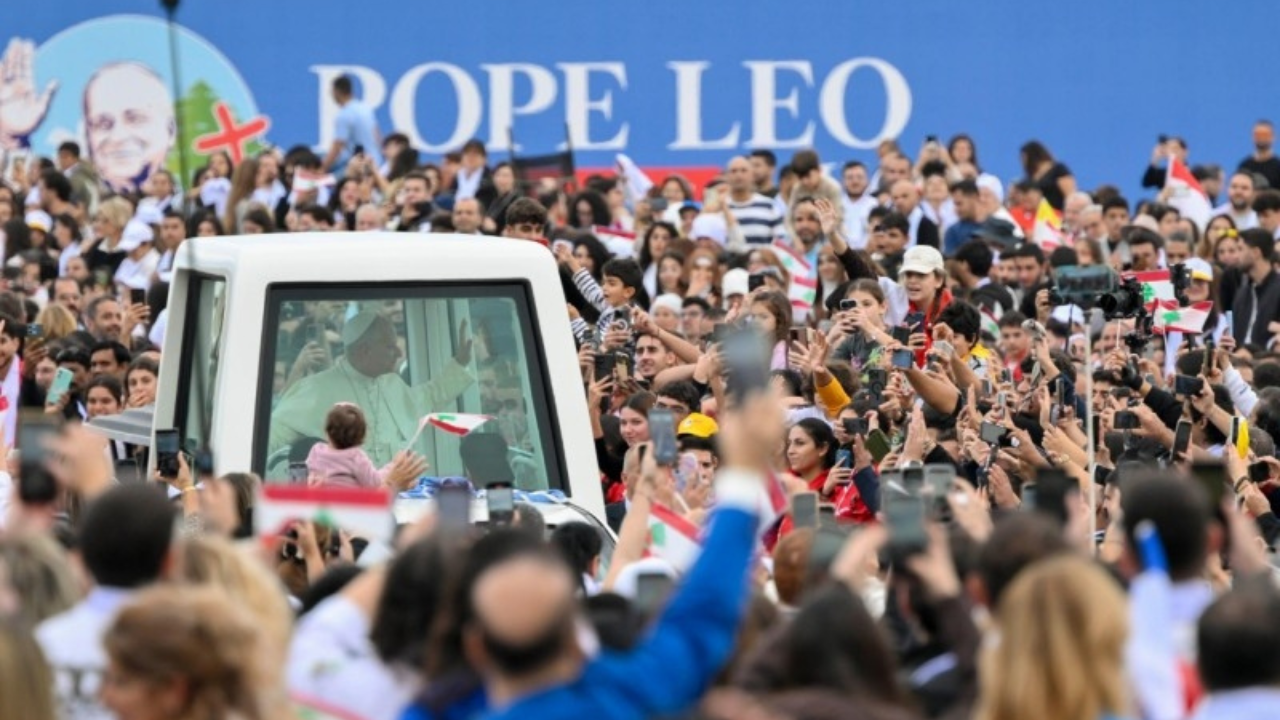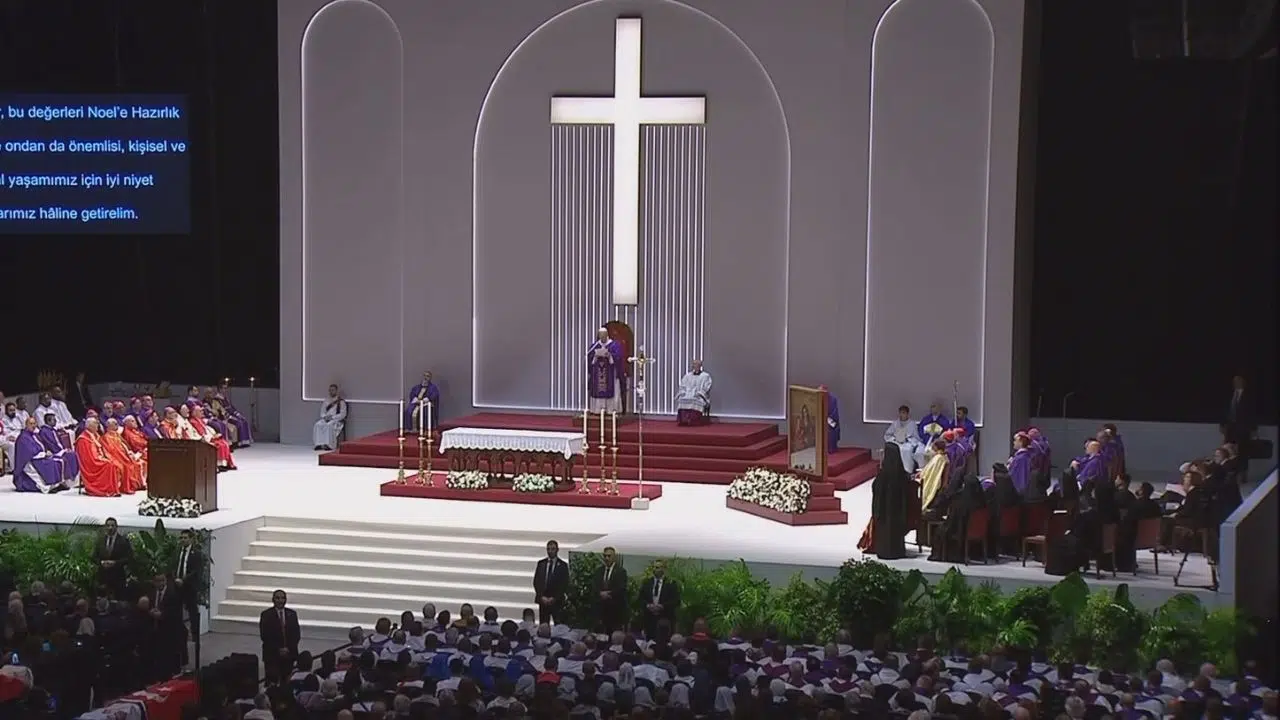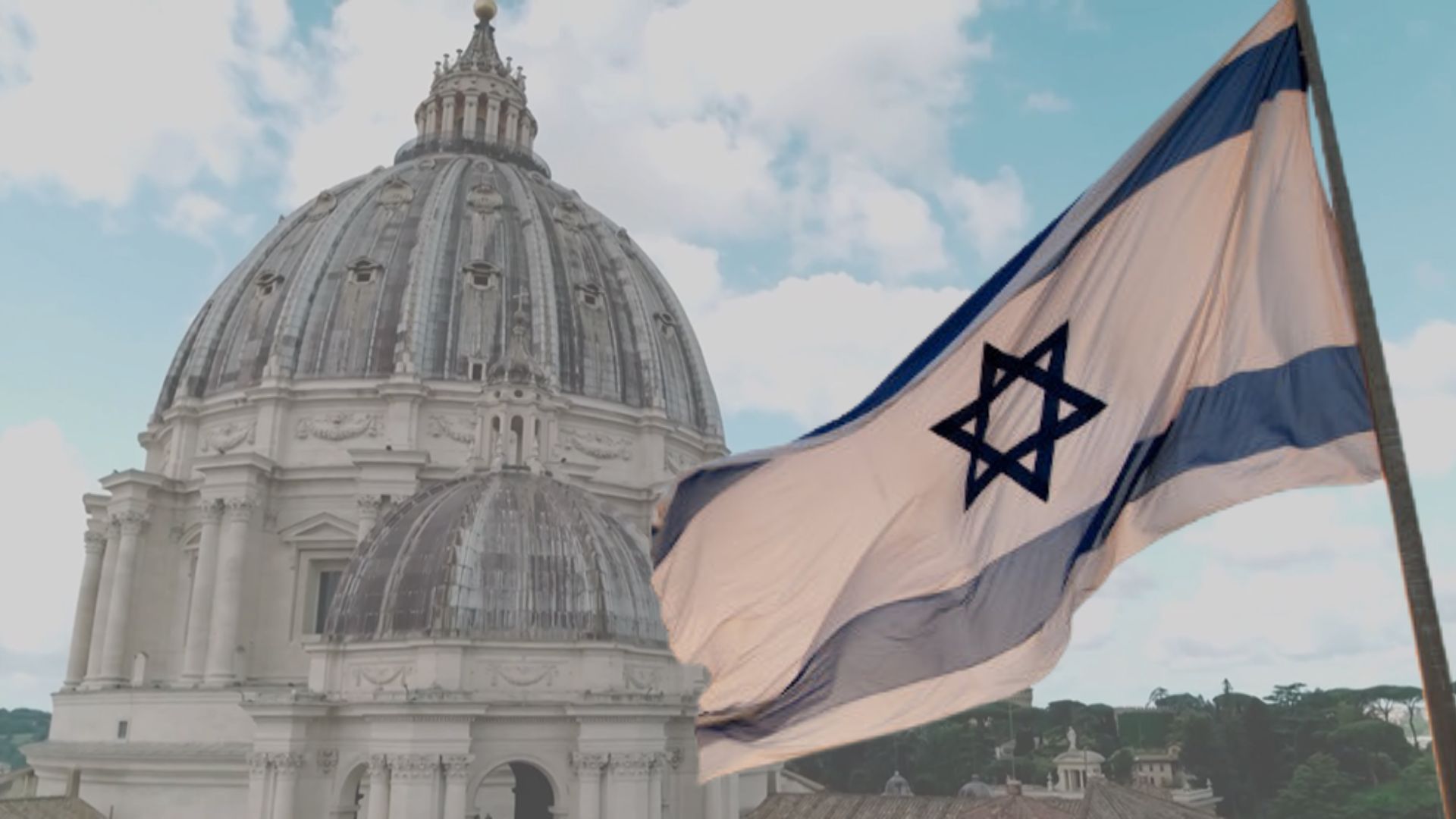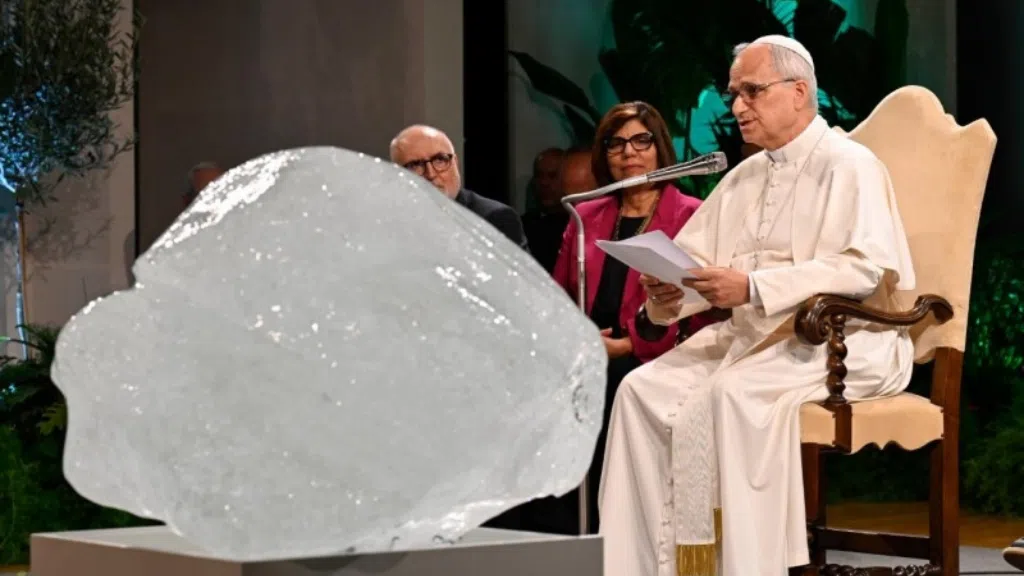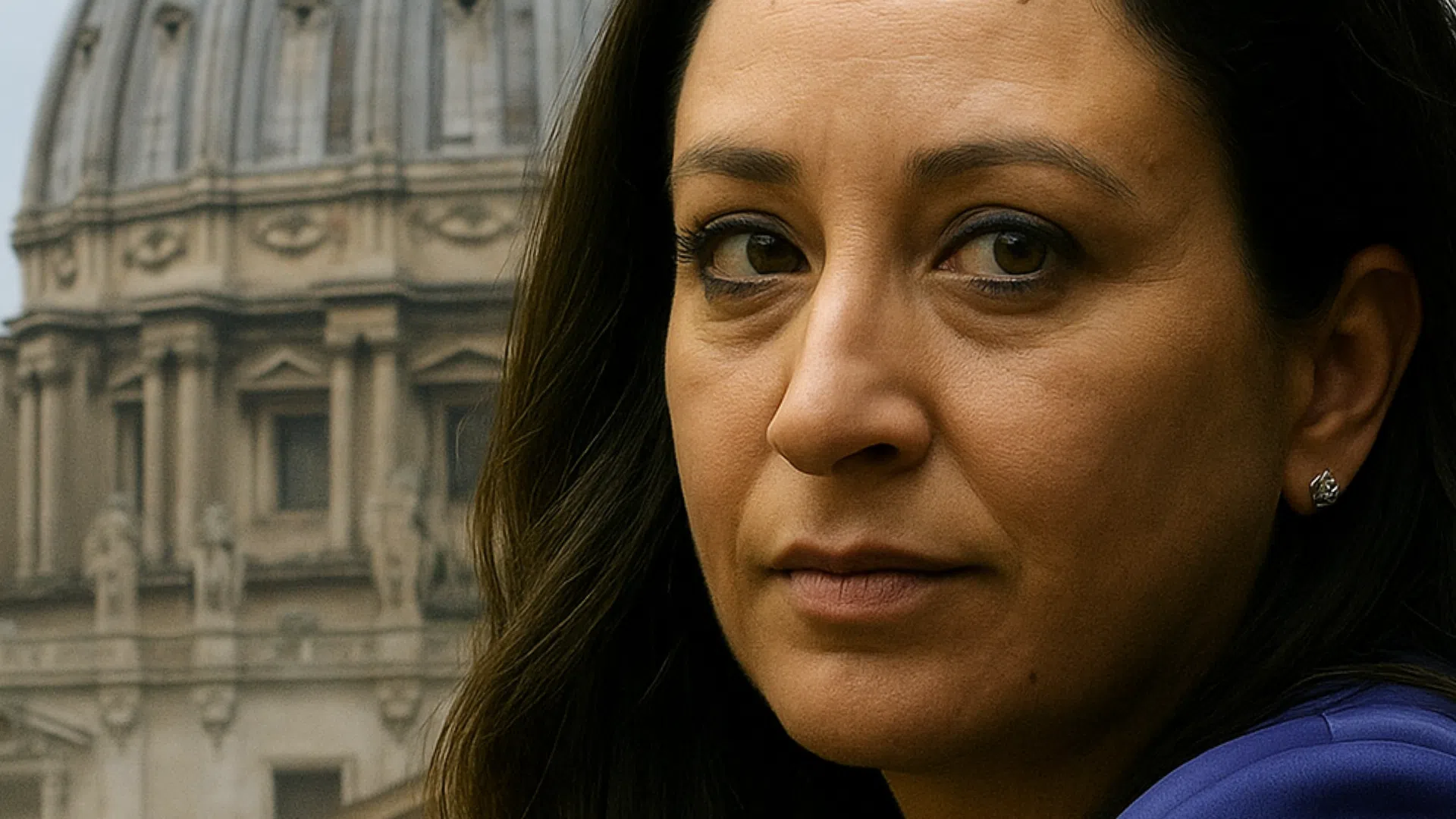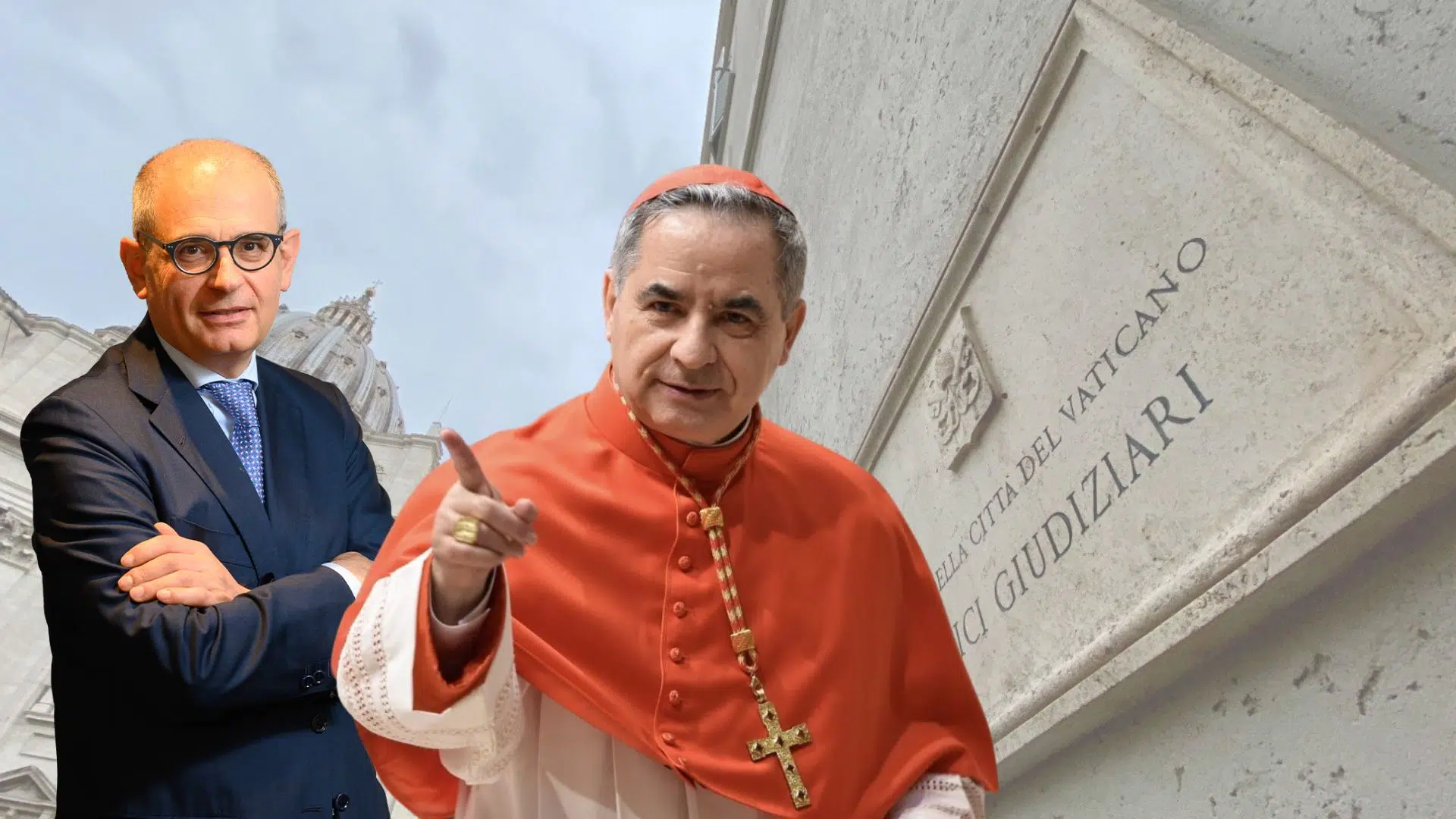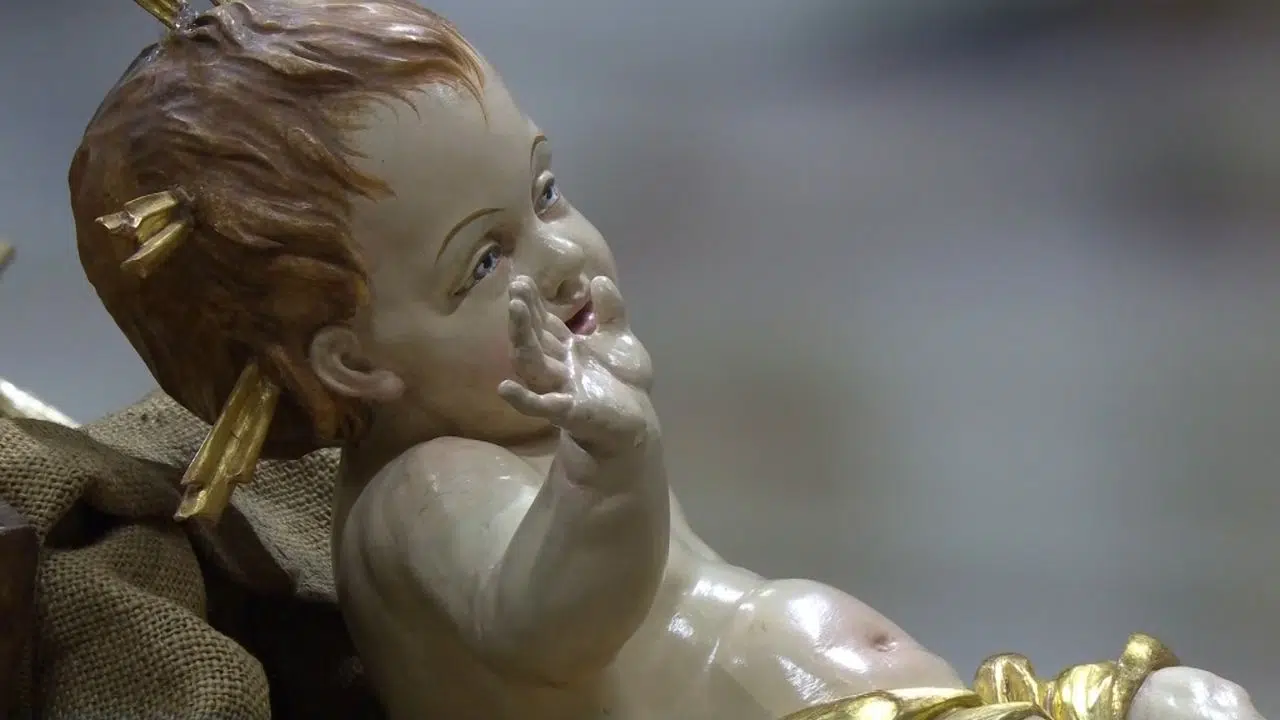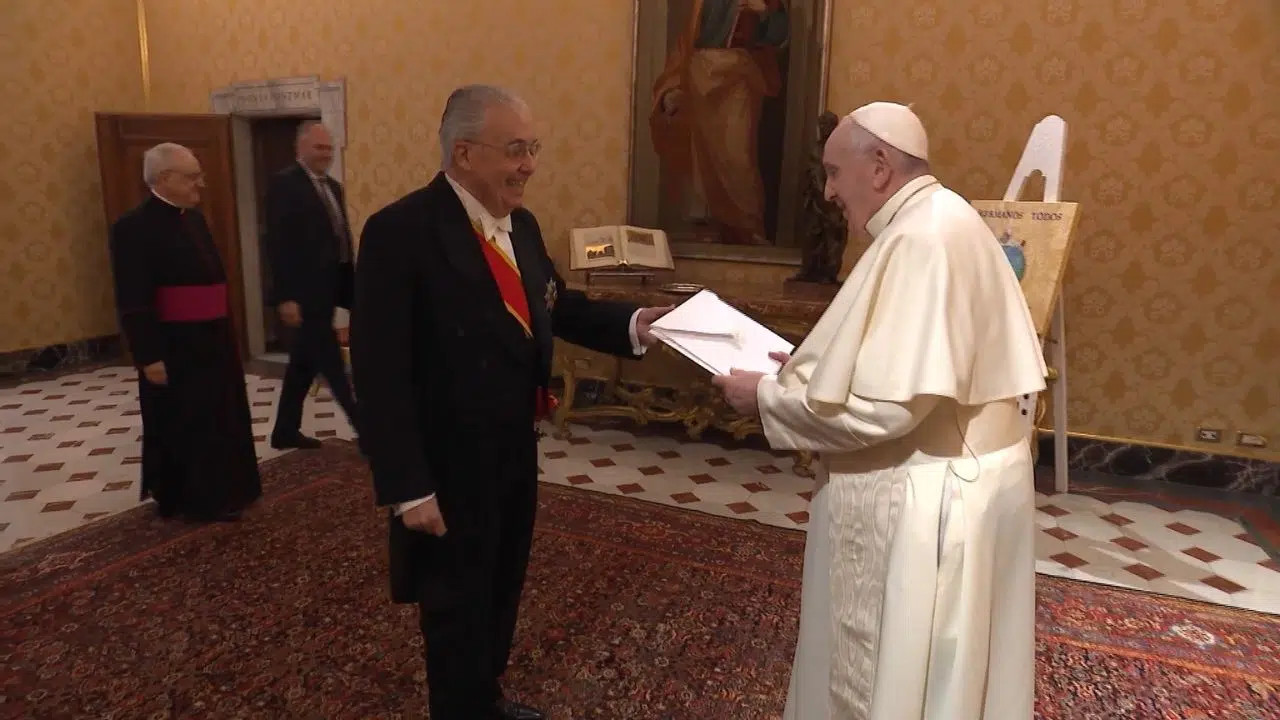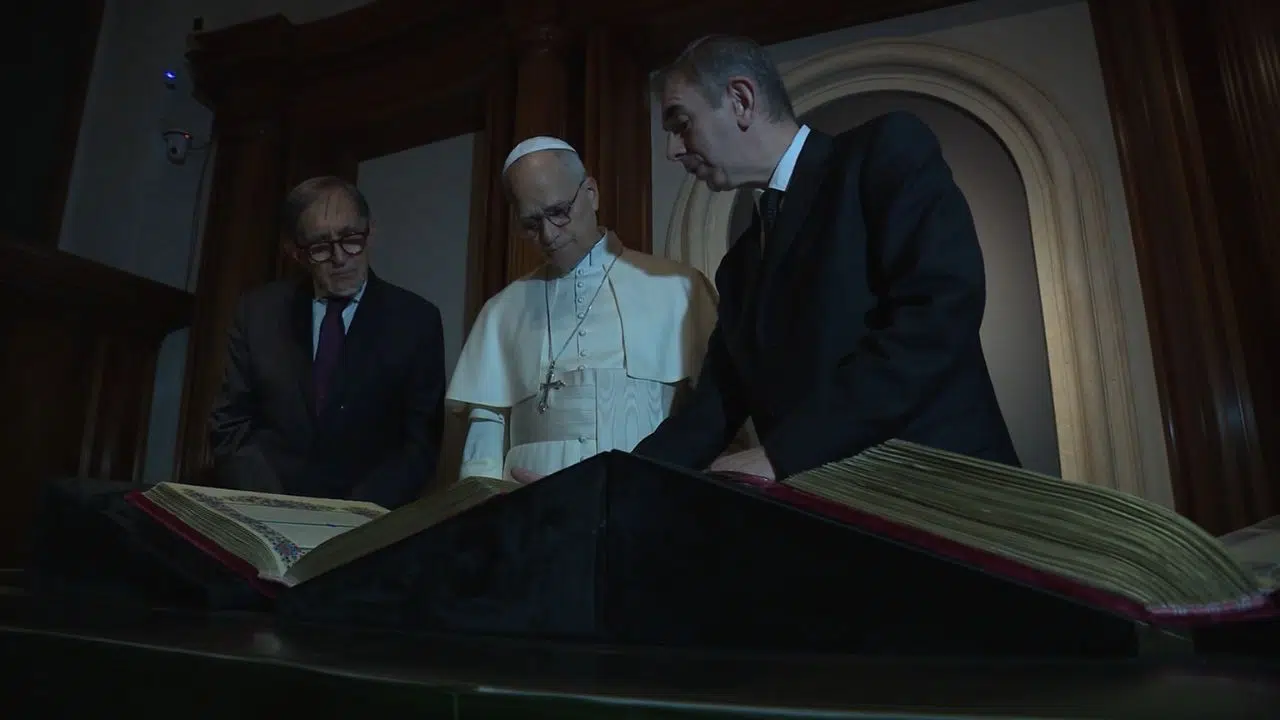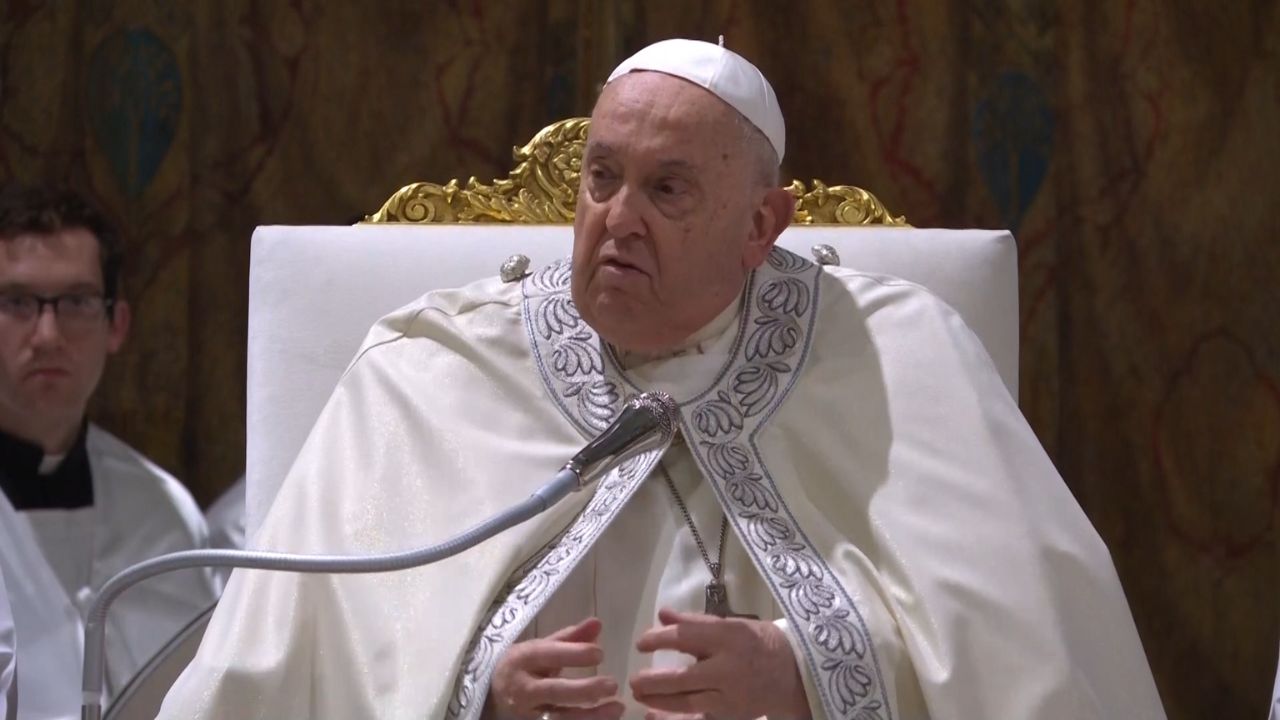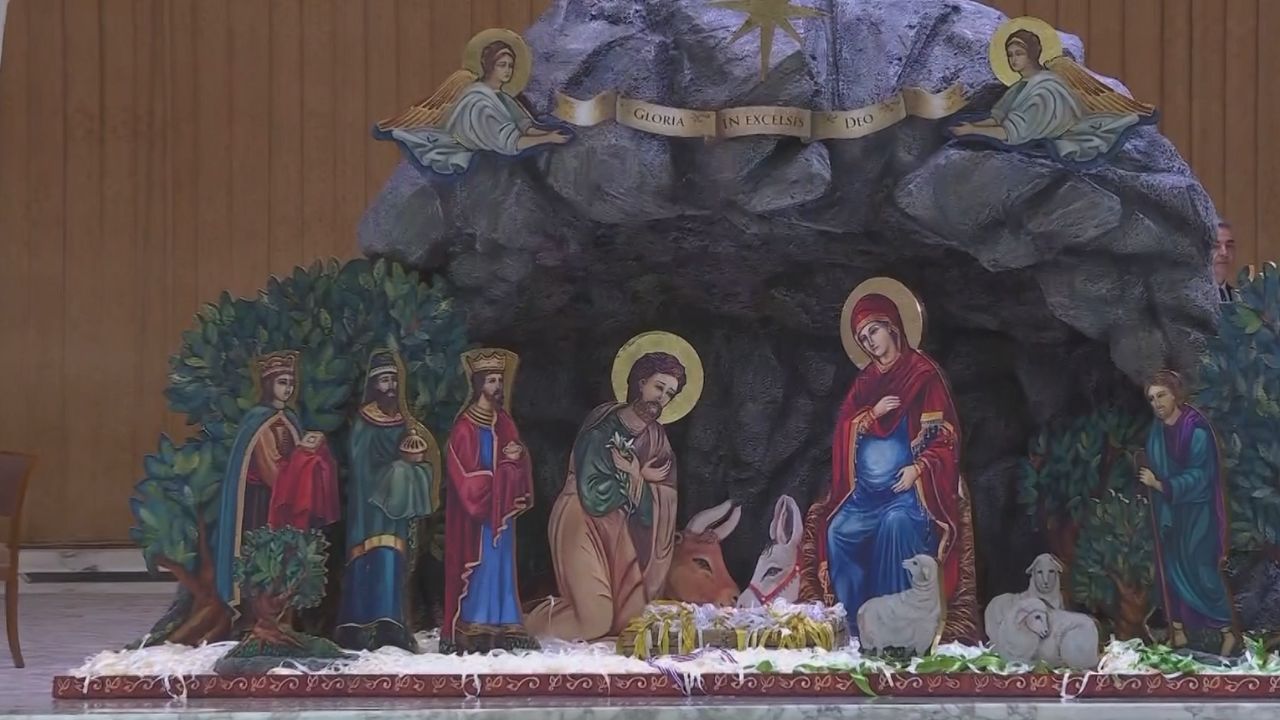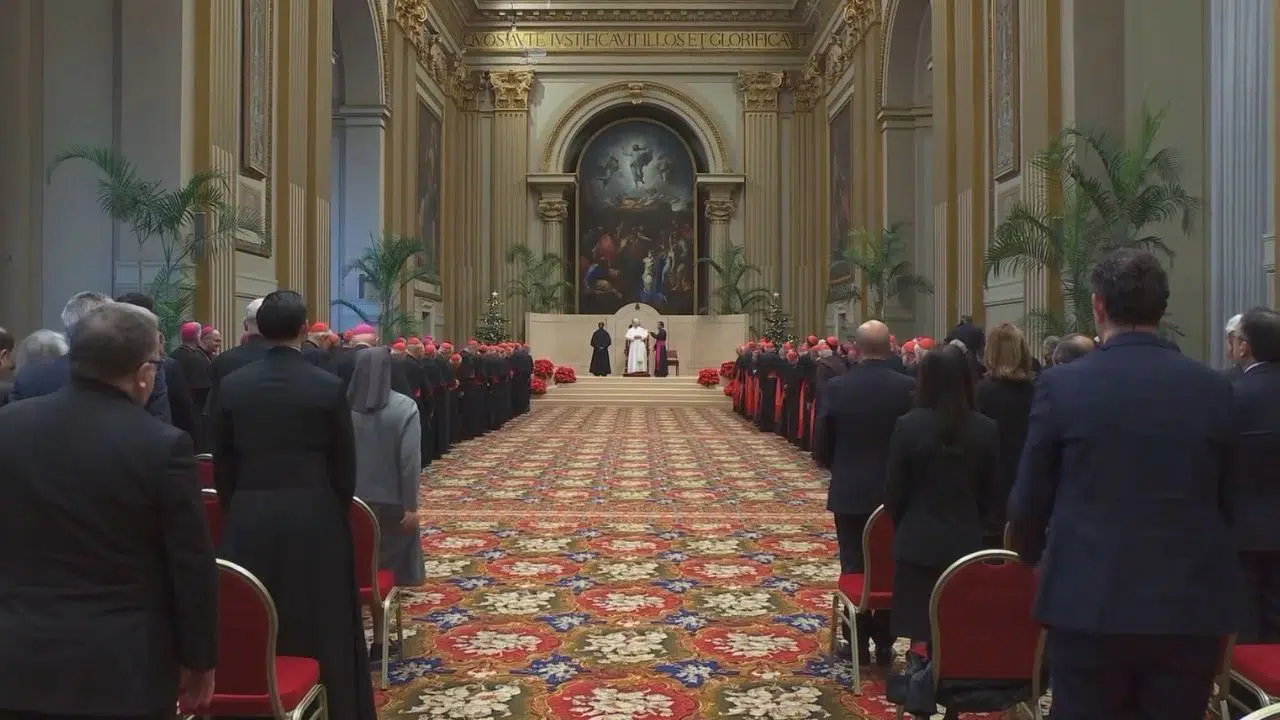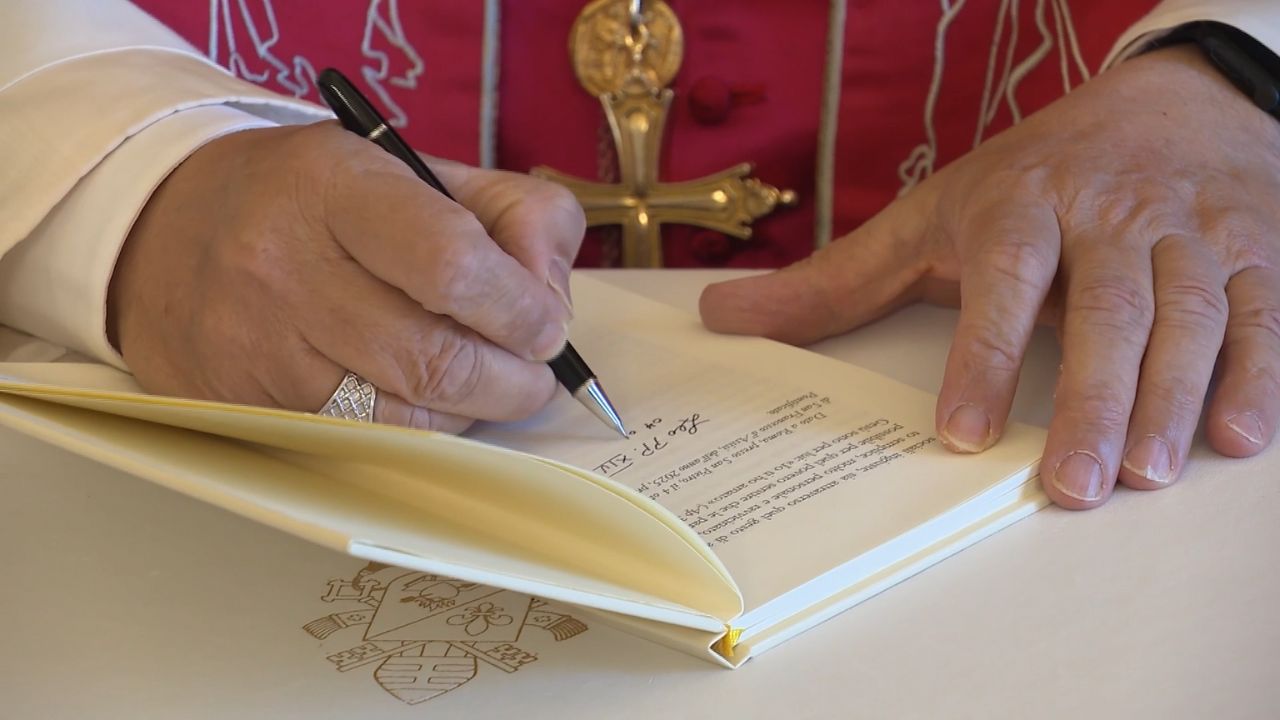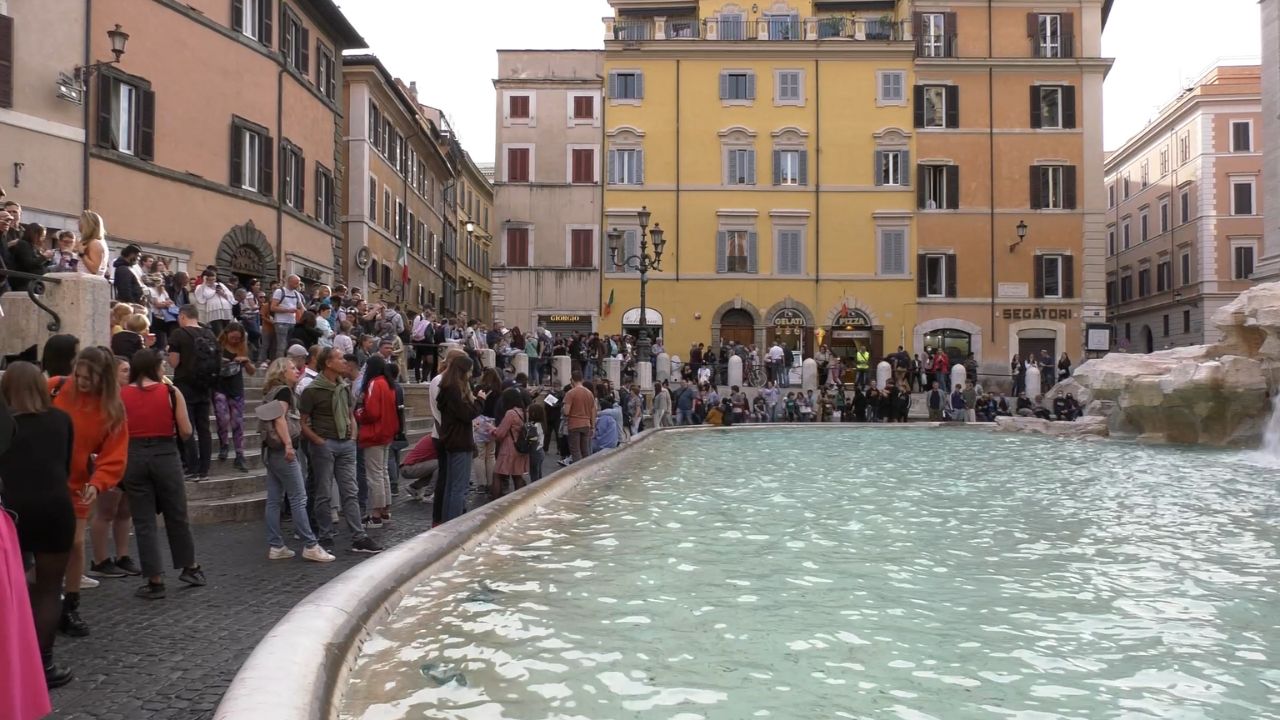Bioethics involves human beings' most appropriate conduct regarding life. Its rules are not always explicit and may vary according to culture and religion.
Thus, the Vatican has convened a conference joining experts from around the world of different faiths to speak about life and the right to life.
“Bioethics has existed as a science for a short time, it began around the 1970s and has grown substantially since then. Thus, it's important that in these types of encounters and in society in general, people are more aware of the importance of reflecting on it in a way that we don't end up believing that everything technically possible is ethically acceptable.”
Experts explain that to understand all decisions and establish dialogue, one must first be informed on the visions of different religions and people. The issue of abortion is an example.
MARTA TARASCO MICHEL
President, Mexican National Academy of Bioethics
“Catholicism says a firm 'No;' other Christian denominations say the same; others say, 'Well, it depends.' Islam says, 'No,' but can quickly change and say, 'Yes' if the mother is in danger. In Judaism, it's the same, also if the baby is born ill.”
The main issue being addressed at this encounter is how place, environment and culture influence a baby from the time of his or her birth, and what can be done to ensure the human dignity, both of the mother and child, is not restricted.
STEFANO SEMPLICI
President, Committee for Bioethics of the Italian Society of Pediatrics
“The goal of the conference, to sum up the pope's words, is to bring together an aspect of theological hope and one of solidarity and responsibility in light of the inequalities that now exist from the time of birth.”
Article 1 of the United Nations' Declaration of Human Rights states that, “All human beings are born free and equal in dignity and rights. They are endowed with reason and conscience and should act towards one another in a spirit of brotherhood.” That's precisely what the Vatican aims to promote through this event.
